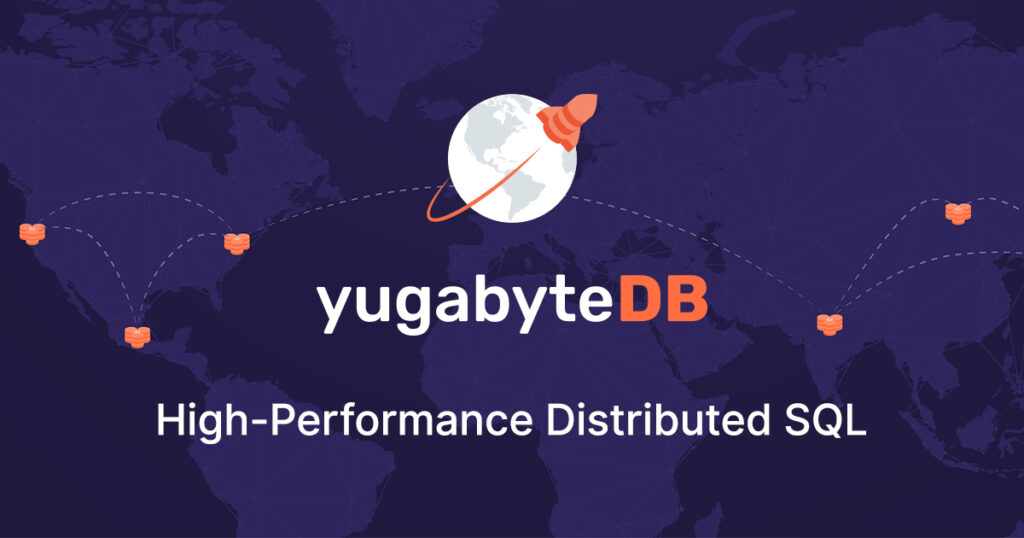Apache Airflow is an open-source platform to programmatically author, schedule, and monitor workflows. YugaByteDB is a distributed SQL and NoSQL database that provides high availability, strong consistency, and horizontal scalability.
Integrating Apache Airflow with YugaByteDB can be done with the help of PostgresHook and PostgresOperator, which are Airflow’s built-in operators for interacting with PostgreSQL databases. Since YugaByteDB is compatible with PostgreSQL, these operators can be used to interact with YugaByteDB as well.
To start, you will need to install the psycopg2-binary Python package as a dependency for the PostgresHook and PostgresOperator. You can then use the PostgresHook to establish a connection to your YugaByteDB cluster and execute SQL statements, and the PostgresOperator to run arbitrary SQL commands as tasks in your Airflow DAGs.
For example, to execute a simple SQL query against YugaByteDB, you can create a PostgresOperator task as follows:
from airflow.operators.postgres_operator import PostgresOperator
task = PostgresOperator(
task_id='query_yugabyte',
sql='SELECT * FROM my_table',
postgres_conn_id='yugabytedb_conn',
database='my_database',
dag=dag
)
Here, postgres_conn_id refers to the connection ID for your YugaByteDB cluster, which you can configure in Airflow’s connections settings. Similarly, you can use the PostgresHook to execute more complex SQL statements, such as creating or modifying database tables.
Overall, integrating Apache Airflow with YugaByteDB can provide a powerful combination for building scalable and reliable data workflows. By leveraging Airflow’s workflow management capabilities and YugaByteDB’s distributed database features, you can create a robust data processing pipeline that can handle large volumes of data with ease.
Need help with YugaByte?
If you’re interested in learning more about YugaByteDB or if you need help with using YugaByteDB, we’re here to help. Our team of experts is available to answer your questions and provide guidance on how to get the most out of YugaByteDB. Contact us today to learn more and get started.




